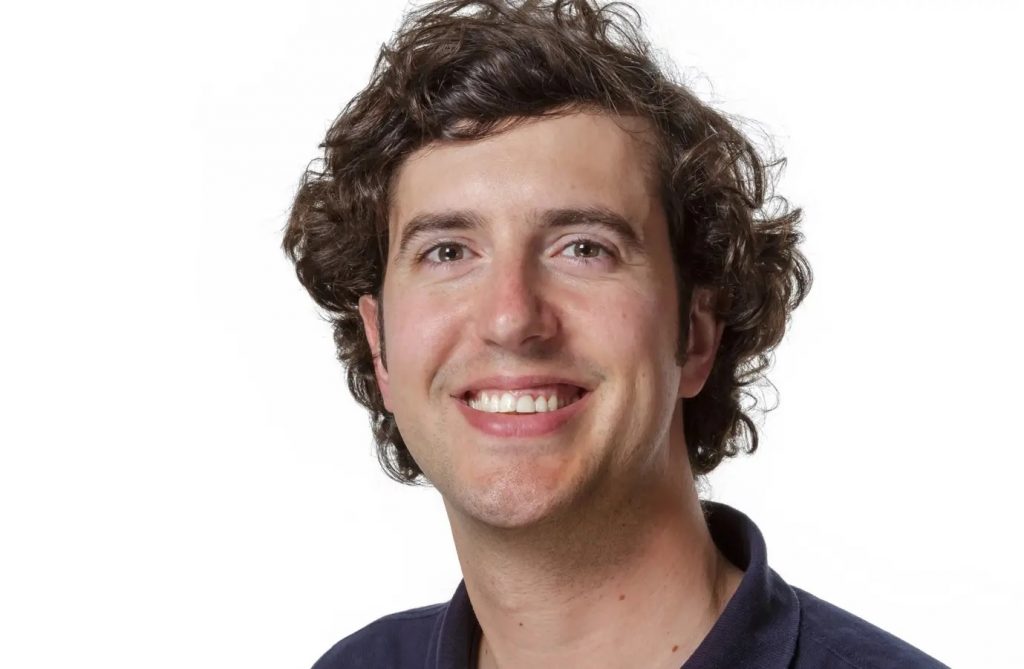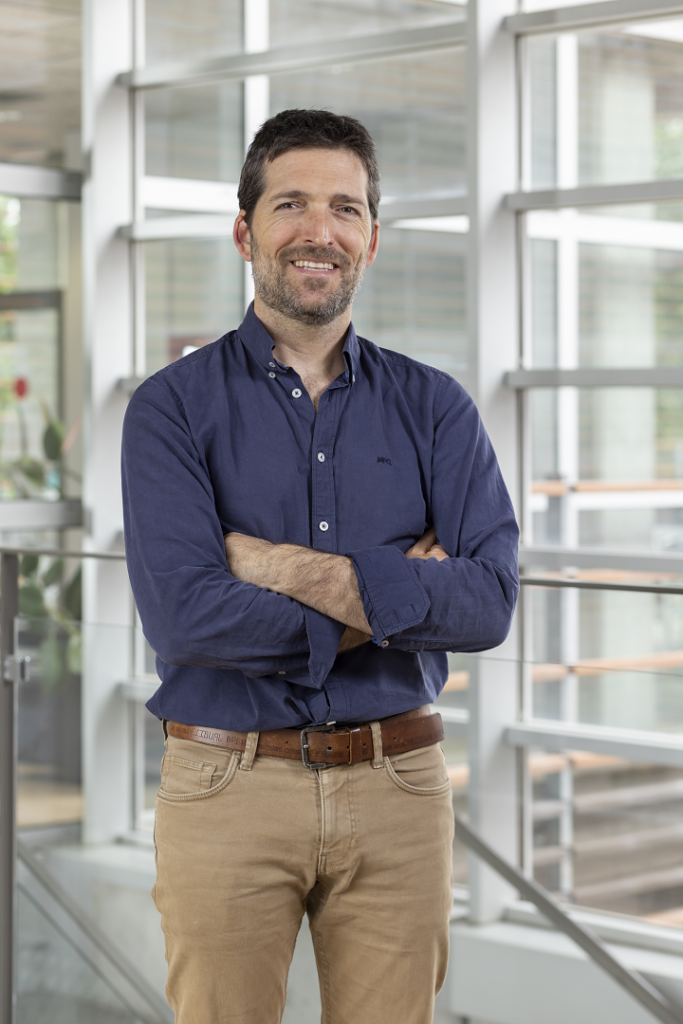The Institute of Space Studies of Catalonia (IEEC), the CERCA Institute and the Government of Catalonia promote the first edition of the ‘Mapping of research in the space sector in Catalonia’. The launch of the initiative aims to obtain an updated and detailed census of the existing research centers, universities and technological centers in Catalonia in which scientific and technological research linked to the space sector is carried out.
The mapping is expected to show the existing knowledge areas with research and innovation activities that have space as an object of study or as a research platform, and with a wide scope that covers from basic research, to research closer to the productive sector and applications. And it will allow the existing skills in the Catalan ecosystem to be analysed.
The results obtained from the analysis of the data will be published and presented in a workshop that will encourage the dissemination of the activities of the research ecosystem and encourage cooperation between the agents that make up the ecosystem.
If you are a research centre, university or technological centre in Catalonia and you develop scientific and technological research linked to the space sector, we encourage you to participate by answering one of these two questionnaires:
1. Complete questionnaire: recommended if your centre or entity did not complete the questionnaire “Mapping the NewSpace Ecosystem in Catalonia” coordinated by the Government of Catalonia through the Department of Business and Work and the Barcelona Chamber of Commerce, with the collaboration of the IEEC and the i2Cat Foundation.
2. Simplified questionnaire: recommended if your centre or entity has already completed the questionnaire “Mapping the NewSpace Ecosystem in Catalonia” coordinated by the Government of Catalonia through the Department of Business and Work and the Barcelona Chamber of Commerce, with the collaboration of the IEEC and the i2Cat Foundation.
The questionnaire will remain open until 28 June 2024.
The questionnaire is written entirely in Catalan.
For any questions, you can consult IEEC’s website or write to participa@ieec.cat.














